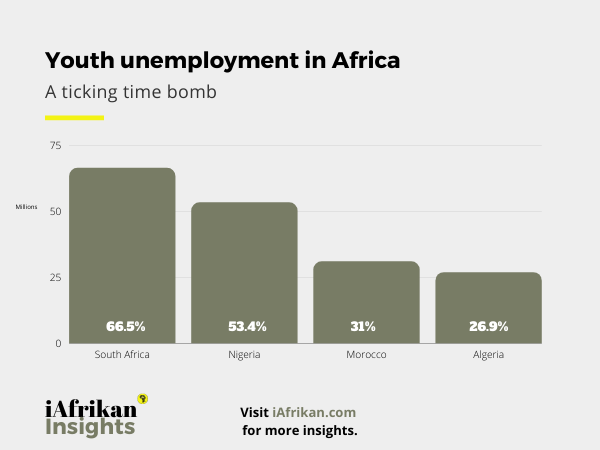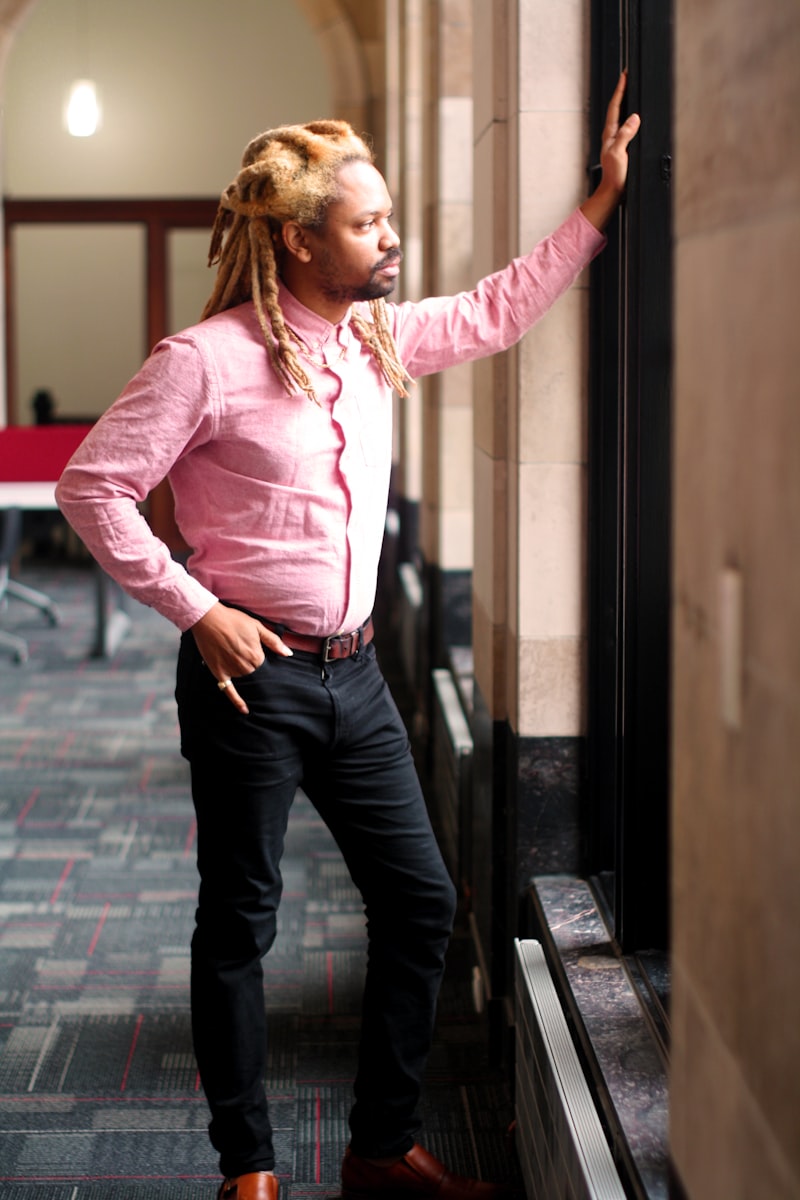In July 2012, a groundbreaking story first appeared on Reuters, followed by a mention on Forbes Africa. The protagonist was a 22-year-old Ugandan who had made a fortune from designing mobile apps.
He’s only 22 and already a billionaire – at least in Uganda where he lives. IT student Abdu Sekalala has made a fortune designing mobile phone Apps. His applications have rivalled some of the world’s most popular platforms in downloads. Wordbook is among the most successful. It earns him 1.25 dollars every time it’s downloaded. So far that’s over 300,000 times – making him some 375,000 U.S. dollars.
With the benefit of hindsight, the story’s author deserves the award for vanity metric of all time, particularly for that staccato bit at the end. There wouldn't be a flood of 22-year-old Ugandans making it big in the IT sector. Maybe a trickle.
But a flood?
Nope.
Empire of apps
Sekalala was touted as a marvel, an outlier of sorts. Here was a 22-year-old with an empire built from creating apps. He became an example of how to make it, having gotten to where he was with a Pentium 4 PC, an internet connection, and an average IQ.
Siempre!
Let’s get it straight, it isn’t a story of grass to grace. The Afrikan startup scene has actually grown in leaps and bounds, with plenty of investment. There is significant growth, even though exclusive to a small club of entrepreneurs.
Not too long ago, celebrated Nigerian Angel Investor Tayo Oviosu, who's the CEO and co-founder of payments startup Paga, caused a storm with a no-chills post on Medium decrying the skills-gap in Nigeria, and made a desperate plea to entrepreneurs to gain skills, soft and hard alike, before actually starting a startup.
For ~95% of tech entrepreneurs I meet in Lagos, my sense is they should stop & go get a job. Learn, grow, develop as a person/leader first. - Tayo Oviosu, 19 July 2016
His estimate on the number of inexperienced startup entrepreneurs could be in the same range for many other Afrikan countries. There's a real shortage of skills and potential on the continent.
Shortage of skills among entrepreneurs
The acquisition of skills and how to do things is possibly the last thing on many startup founders' minds. They may have all these bright and beautiful ideas, but they often have no idea how to execute them. Many fresh graduates dive in headfirst without figuring out how deep the startup pool is, or if they can actually swim.
Before long, their little savings and cash from family burn out, and they fall from the sky almost as quickly as they took off - literally born at a hackathon on a Friday, died on Monday. OK, maybe I am exaggerating things with that 72-hour lifespan, but it does happen that way.
So why are we so obsessed with emulating 19-year-old Mark Zuckerberg and 21-year-old Bill Gates?
Think about it.
All these overnight successes have years of preparation under their belts. Consider Max Verstappen, an 18-year-old F1 driver who won the Spanish Grand Prix in May 2016. This is a lad who started karting at age 4, and by the time he clocked 18, he had already pushed in more than 10,000 hours of racing on the track. Nobody seems to note the little fact that it took him over 12,000 hours to become an overnight success. It's silly to call him an overnight success, really, because everything points to the opposite.
As for Mark Zuckerberg and Bill Gates, while they seem to have made it in no time and hardly any effort, there is an anathema to that often-repeated story. In a recent Forbes interview, prolific VC Marc Andreessen posited that the myth of the maverick founder often shrouds a lot of the effort that they had to put in to succeed.
“Contrary to mythology", he says, "the truly great founders tend to be highly trained in their field before they start their companies. Even the prototypical Mark Zuckerberg type who starts a company straight out of college has often been programming at a professional level for 10+ years by the time they start their first companies. And VCs like us genuinely look for professional training and achievement in the backgrounds of our founders."
He boiled it down to this: "Go get relevant experience for what you think you want to do – for [at least] 5-10 years before striking out on your own."
Afrika is different?
Another school of thought would rile against Silicon Valley’s capriciousness, arguing that Africa presents a vastly different landscape from California for those starting out.
A shortage of Googles and McKinseys in the global south leaves few options for millennials - bribe and coerce your way into one of the few civil service jobs, slave it out at a mid-sized company, or stay home and drink and party on your parents’ hand-outs. Then again, they could take the less-traveled path - start a startup.
Consider a young African who gets a well-paying job, maybe as a management trainee at one of the big four accounting firms or even at a prestigious NGO, right after university. They would be the pride of the family, and songs will be composed in their honor. They are vested with the pernicious responsibility of pulling their lineage into financial security.
While Tayo regurgitates stat after stat, such as how the average age when one is most likely to start their first company is 36, he ignores the implications that these stats carry. It is most likely too late for an Afrikan at age 36 to start up a business. There are responsibilities to consider, and at that point, conventional advice would have it that it’s better to stick to the devil you know than some entrepreneurial venture that isn't exactly guaranteed to succeed.
There is a divide that makes this case very interesting. On one end, there's Tayo Oviosu’s sensible assertion that Nigerian (and Afrikan) startup founders need to gain managerial experience before fully committing to entrepreneurship. Building and scaling a startup takes more than just savings and a can-do attitude. On the other end, there is the reality that a typical Afrikan graduate faces - taking a corporate job, no matter how mundane, puts food on the table. Taking the path of entrepreneurship needs a lot of things beyond their control to work out.
However, the hustle does have its draws.
Think before starting
Youth unemployment is at record highs, with more than 70% of youths in Uganda lacking jobs. This is one of the biggest motivators that push young people towards entrepreneurship. A few of these youth are truly talented and passionate, but they still flounder.
While the culprit is often said to be a lack of startup capital, the reality is that these startup founders have a mentorship problem. They’re expected to know the ropes and navigate the often challenging startup world, but they have no idea what they’re doing most of the time.

Couple that with the fetishization of failure, where the underlying reasons why startups die-off are glossed over with the ‘fail fast, fail often’ mantra, and you have an ecosystem that’s doomed to repeat its mistakes rather than learn from them.
Before you start, make sure you know what you’re getting into. For every unicorn, there are a thousand donkeys with carrots taped to their foreheads. For every success story, there are tens of thousands that started down the same virtuous path, only for their journeys to be cut short by a small shift or a big adjustment in the market.
Nobody starts out with the intention of failing, but that’s what happens a lot of the time.
Seriously, think before you startup!
— By Daniel Mwesigwa







